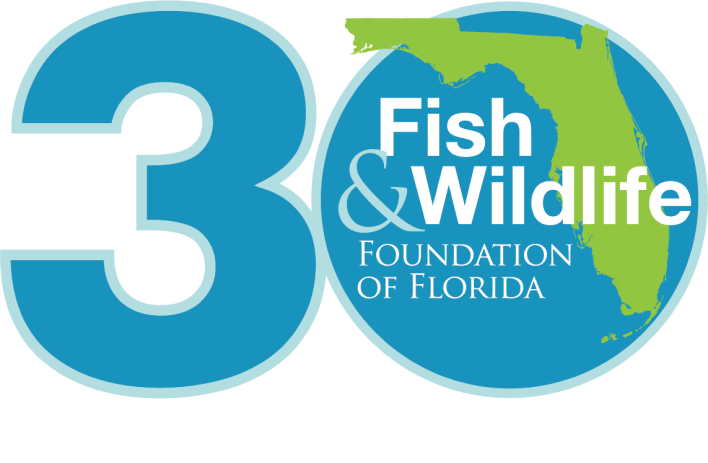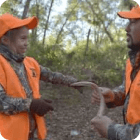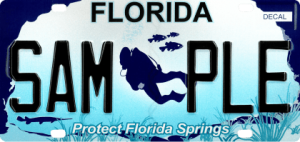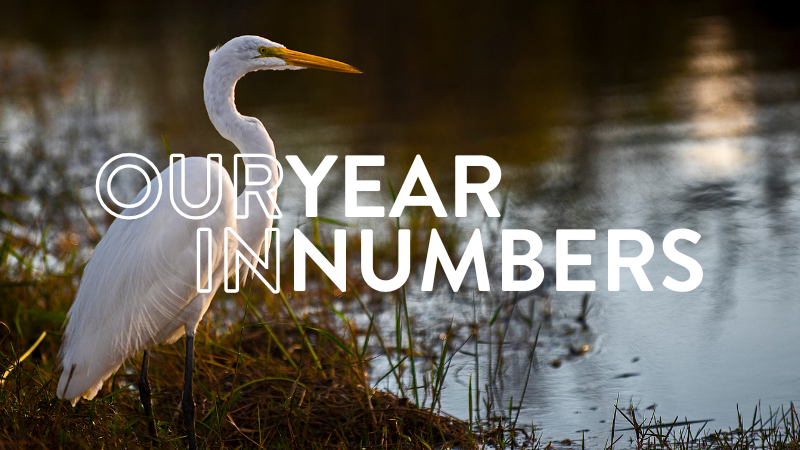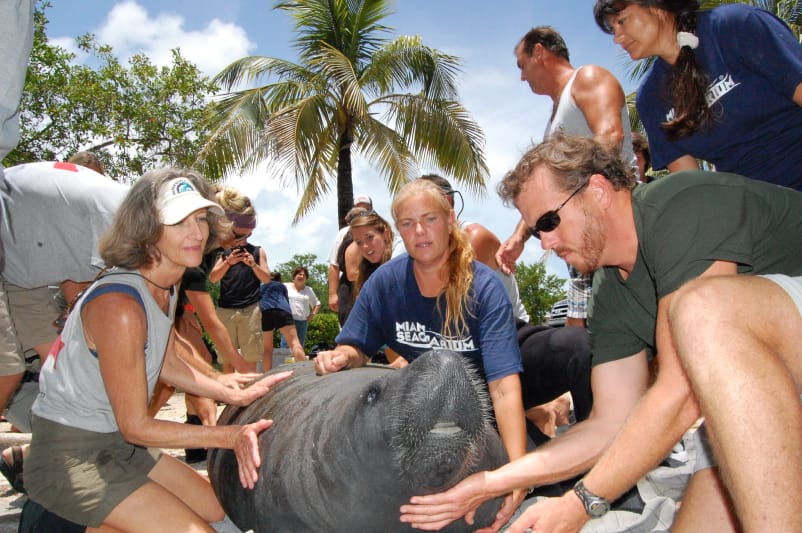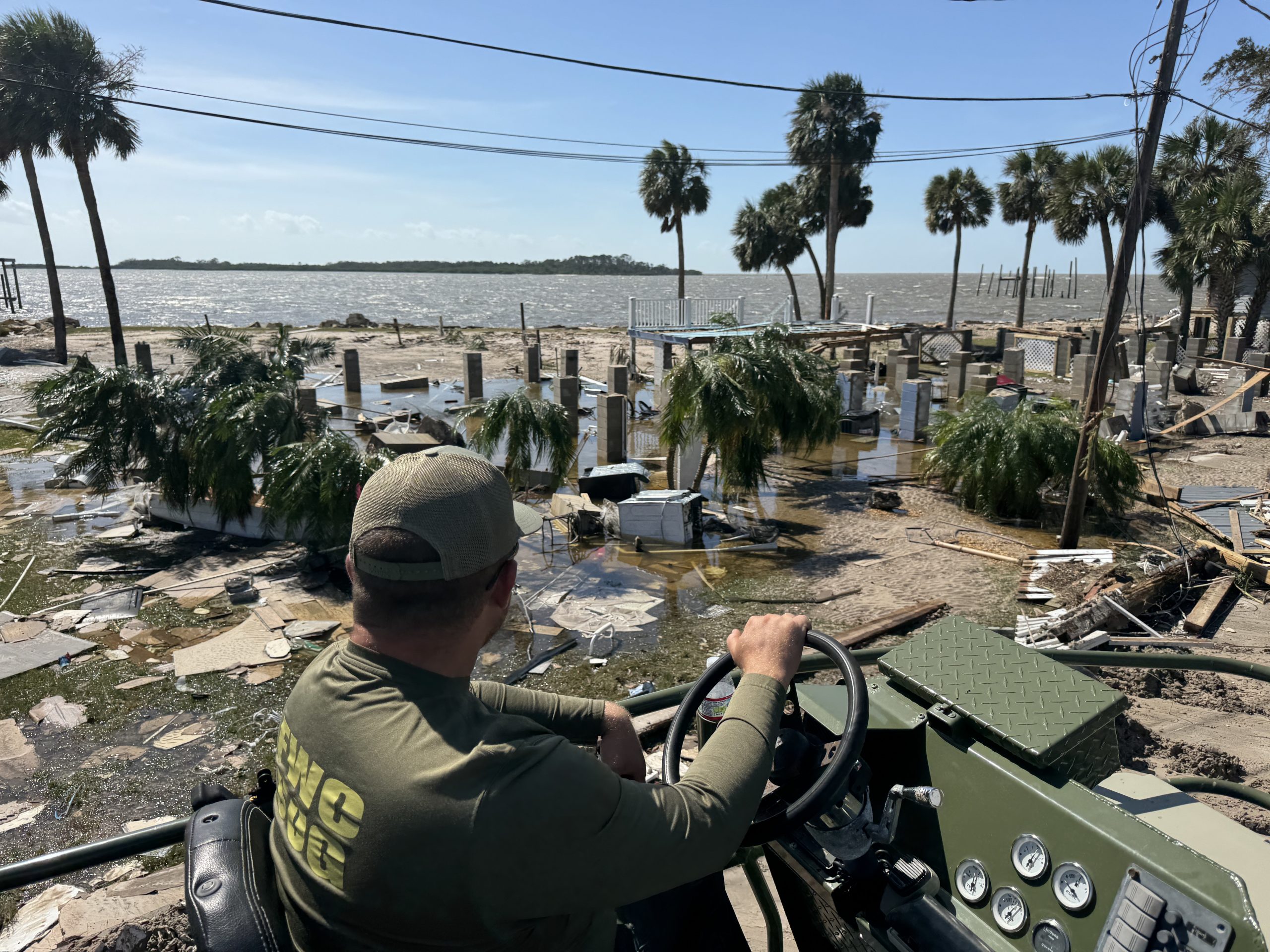
It’s been six days since Hurricane Helene ripped through Florida’s Big Bend, causing unprecedented damage as a record-breaking Category 4 storm. Florida Fish and Wildlife Conservation Commission (FWC) quickly mobilized over 100 officers and support staff to tackle recovery efforts in Florida’s hardest-hit areas.
Equipped with high-water vehicles and shallow-draft boats, FWC teams plunged into flooded regions like Cedar Key, Yankeetown, Horseshoe Beach, and other coastal communities performing welfare checks on residents and assisting in clearing roads.

In Citrus County, officers saved 21 people and handled 40 emergency calls, while in Manatee County, they partnered with local authorities to assess vessels and aid six stranded residents.
Even as waters receded, FWC stayed on the front lines, evacuating 45 people from barrier islands and responding to medical emergencies in Pinellas County. Their efforts also extended to wildlife facilities, where they used drones to ensure the safety of animals, like those at Homosassa State Park when flooding prevented staff from reaching the facility.
But FWC’s service doesn’t stop at the Florida state line. “When we saw the devastation in the State of North Carolina, we quickly shifted a part of our response team and were one of the first States to assist those who are in a critical situation in Western North Carolina,” said FWC Executive Director Roger Young. “It is especially humbling to see so many FWC personnel want to help others despite what we are dealing with in our own backyards.”
FWC’s boots-on-the-ground work continues to be vital in protecting both Florida’s people and its wildlife. Thank you to those who have supported our FWC Employee Assistance Fund thus far, which ensures FWC has the resources they need to continue their rescue and recovery missions. If you would like to join us in supporting their efforts, make a donation today.
